All of Your SPF Questions Answered!
Why do I need to wear sunscreen?
90% of visible signs of aging (wrinkles, fine lines, brown spots, sagging skin) are from sun damage. 90%! Sunscreen is the number one anti-aging thing you can do for your skin, it protects against skin cancer and free radicals and it literally keeps your skin from burning.
90% of visible signs of aging (wrinkles, fine lines, brown spots, sagging skin) are from sun damage. 90%! Sunscreen is the number one anti-aging thing you can do for your skin, it protects against skin cancer and free radicals and it literally keeps your skin from burning.
What's all this talk of physical and chemical sunscreens and why should I care?
This is important folks! Check out EWG for in depth info but the short(ish) story is that the FDA considers sunscreens drugs so you want to look at their Active Ingredients and that's where you'll see Mineral/Physical or Chemical sunscreens:

Many chemical sunscreens (with the exception of Mexoryl SX) have been shown to either affect reproductive systems/endocrine systems/cause skin allergies. It's pretty bad news bears and since there are alternatives I say go with the physical. Physical SPFs make the sunlight "bounce" off while chemical SPFs absorb it.
The FDA is also currently only recognizing Zinc Oxide & Titanium Dioxide as "safe and effective".
We use only NON-NANO ZINC OXIDE and/or TITANIUM DIOXIDE as our Active Ingredients in all of the sunscreens we carry.
SPF 15 blocks 93 percent of UVB radiation, SPF 30 blocks nearly 97 percent. SPF 50 blocks 98 percent. So, generally it's recommended to do a 30+ at a minimum. The challenge with some higher SPFs is they can cause folks to break out which is why we went with 30 as the goal for our face/body SPFs.
Is it really waterproof?
Nope, they're not allowed to say that anymore. As of June 2012 sunscreens can't be marketed as "waterproof" or "sweatproof" basically because they're not. They can test for "water resistance" and if they pass that test they will say "water resistant" with the recommendation that they be reapplied after 40 or 80 minutes (it'll be marked on your bottle).
How often do I have to reapply for real?
Okay, so to me it depends on if you're going to be in direct sun all day or not. If you are - like you're going to the beach, zoo, park, BBQ, etc - you need to reapply every 2 hours and if you're swimming or sweating a lot you need to reapply every 40-80 minutes. So basically we all need to buy stock in SPFs.
How often do I need to reapply if I'm not at the beach?
"On a normal day, which generally means to and from work and a short walk at lunch, an effective amount of sunscreen applied in the morning is still going strong when you're done with work and on your way home" (Paula Begoun).
UVA, UVB or both?
Both. UVB rays are what causes your skin to burn so we want to block those for sure. UVA rays are the "aging" rays - fine lines, hyperpigmentation, wrinkles, etc. Both are linked to skin cancer. Using a sunscreen that is marked Broad Spectrum ensures that both UVA and UVB rays are blocked.
What's best for babies under 6 months?
The FDA wants you to keep them out of the sun and not use sunscreen at all. If you're not able to do so talk with your pediatrician. The more simple the formula the better - look for options that are baby-safe (which usually implies for use in babies over 6 months of age) which ideally use Zinc only in the Active Ingredient panel.
How do I know what to buy?!
You can check the Environmental Working Group or scan a barcode on the Think Dirty App - both tell you how "green" your product is (our sunscreens are rated clean on both platforms).
Here are some Body SPF ratings from Think Dirty (and I chose the Natural/Baby SPFs from big brands since those are generally the most gentle - or so we think):

I've heard that some sunscreens can cause cancer - what's the story?
The jury's still out on this but the concerns are with chemical sunscreens. Some folks say it's fine and others say it's not. Some are proven to get into your bloodstream. I stick to physical SPFs since it takes the guesswork out.
Do I have to wait before I can go outside?
With chemical sunscreens, yes; with physical sunscreens, technically no but the FDA wants you to.
Sprays and powders seem easier - can I just do those?
Short answer - they're not the best choice. You can inhale nano and micronized zinc and titanium in powdered sunscreens and makeup (sidenote - this is why I have liquid mineral foundations in my makeup line and not loose powder ones) and in the spray of sunscreen and that's not good for your body. We also tend to not apply enough SPF when we use sprays and powders.
Will I get enough Vitamin D if I wear SPF?
There are mixed studies on this - some say yes, some say no. But you lower your risk of getting skin cancer either so that's a bonus. Check with your doc if you're concerned about Vitamin D deficiency - you can always boost your meal choices with items high in Vitamin D or take supplements.
How much should I wear on my face?
1/4 -1/2 a teaspoon is what most dermatologists would like for you to be doing (1/4 for your face alone, 1/2 for face/neck/ears). It's a lot.
What about on my body?
Roughly 1 oz (the size of a shot glass) per two hours. Or per 40-80 minutes if you're swimming. Yep. A 3 oz bottle should last you possibly one day if you're person at the beach. It's annoying, I'm with you, but so are the things that can happen if you don't do it.
What happens if I don't apply enough?
Your SPF 30 can quickly become an SPF 15 if you apply half of the the recommended amount..
Can I use my sunscreen from last summer?
Check the expiration date but probably not - most have a shelf life of one year once opened. And per the recommended usage if you have some left it probably also means you aren't using enough.
Okay, I put a lot on and now it's not rubbing in and I look like a ghost - help!
There are two ways you can go with this:
1 - go in layers. Apply one layer, make sure it's rubbed in and then go for layer two.
2 - apply to damp skin and give it 20-30 seconds and then rub it in - you'll look like a ghost and then it'll rub in really well after the wait is over.
The jury's still out on this but the concerns are with chemical sunscreens. Some folks say it's fine and others say it's not. Some are proven to get into your bloodstream. I stick to physical SPFs since it takes the guesswork out.
Do I have to wait before I can go outside?
With chemical sunscreens, yes; with physical sunscreens, technically no but the FDA wants you to.
Sprays and powders seem easier - can I just do those?
Short answer - they're not the best choice. You can inhale nano and micronized zinc and titanium in powdered sunscreens and makeup (sidenote - this is why I have liquid mineral foundations in my makeup line and not loose powder ones) and in the spray of sunscreen and that's not good for your body. We also tend to not apply enough SPF when we use sprays and powders.
Will I get enough Vitamin D if I wear SPF?
There are mixed studies on this - some say yes, some say no. But you lower your risk of getting skin cancer either so that's a bonus. Check with your doc if you're concerned about Vitamin D deficiency - you can always boost your meal choices with items high in Vitamin D or take supplements.
How much should I wear on my face?
1/4 -1/2 a teaspoon is what most dermatologists would like for you to be doing (1/4 for your face alone, 1/2 for face/neck/ears). It's a lot.
What about on my body?
Roughly 1 oz (the size of a shot glass) per two hours. Or per 40-80 minutes if you're swimming. Yep. A 3 oz bottle should last you possibly one day if you're person at the beach. It's annoying, I'm with you, but so are the things that can happen if you don't do it.
What happens if I don't apply enough?
Your SPF 30 can quickly become an SPF 15 if you apply half of the the recommended amount..
Can I use my sunscreen from last summer?
Check the expiration date but probably not - most have a shelf life of one year once opened. And per the recommended usage if you have some left it probably also means you aren't using enough.
Okay, I put a lot on and now it's not rubbing in and I look like a ghost - help!
There are two ways you can go with this:
1 - go in layers. Apply one layer, make sure it's rubbed in and then go for layer two.
2 - apply to damp skin and give it 20-30 seconds and then rub it in - you'll look like a ghost and then it'll rub in really well after the wait is over.
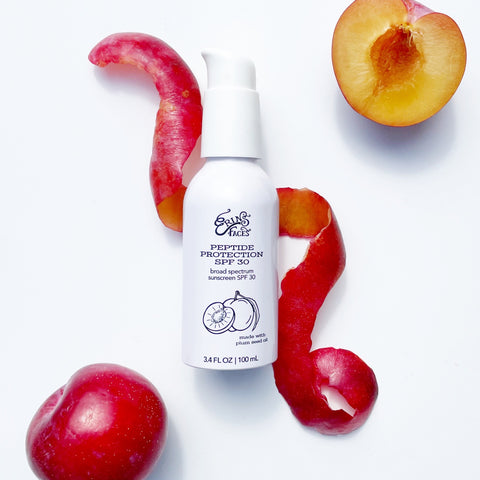
What is a facial sunscreen that won't break me out/antagonize sensitive skin?
Our Peptide Protection SPF 30 is awesome for this - it is dermatologist-tested, tested to be sensitive skin safe, soothes redness, and isn't greasy. And Zinc is used in diaper rash ointment to soothe little babies booties - it's very gentle.
Should it be fragrance-free?
In my opinion yes - especially on your face. That's not a hard and fast rule, but fragrance is super irritating (synthetic fragrance) and can break you out, cause rashes, etc.
Do I have to put sunscreen on if I'm going out for dinner?
If there is still a sun in the sky, to any degree, I'd say yes (if you've been at home all day and haven't put any on yet). Especially since we're going into summer and the sun sets later in the evening.
Is facial sunscreen a substitute for a moisturizer? What's my skincare regime order?
For oily to normal skin it can - especially in the summer. If you did need a moisturizer it would go under your SPF. SPF is the last skincare step before makeup.
Speaking of that, I have SPF in my BB Cream/Moisturizer/Tinted Moisturizer - isn't that enough?
If you're going to wear 1/3-1/2 tsp of it it is (you're not). I wear a LOT of foundation, which has a physical sunscreen in it, but I use about a pea sized amount - nothing close to what I should be applying SPF-wise. So I view that foundation SPF as a bonus.
So I have to do an extra SPF step?
YES. Unless it's in your moisturizer and you use the proper amount.
In my opinion yes - especially on your face. That's not a hard and fast rule, but fragrance is super irritating (synthetic fragrance) and can break you out, cause rashes, etc.
Do I have to put sunscreen on if I'm going out for dinner?
If there is still a sun in the sky, to any degree, I'd say yes (if you've been at home all day and haven't put any on yet). Especially since we're going into summer and the sun sets later in the evening.
Is facial sunscreen a substitute for a moisturizer? What's my skincare regime order?
For oily to normal skin it can - especially in the summer. If you did need a moisturizer it would go under your SPF. SPF is the last skincare step before makeup.
Speaking of that, I have SPF in my BB Cream/Moisturizer/Tinted Moisturizer - isn't that enough?
If you're going to wear 1/3-1/2 tsp of it it is (you're not). I wear a LOT of foundation, which has a physical sunscreen in it, but I use about a pea sized amount - nothing close to what I should be applying SPF-wise. So I view that foundation SPF as a bonus.
So I have to do an extra SPF step?
YES. Unless it's in your moisturizer and you use the proper amount.
What about one for body?
Our Mineral SPF 32 for Body is ideal for the whole family as it uses Zinc Oxide only. It's made with only 7 ingredients and is included in EWG's Guide to Sunscreens under Best Beach & Sport Sunscreens and was chosen as one of Joanna Gaines' Summer Favorites in The Magnolia Journal.
What does it mean when it says Reef-Safe?
Long story short, Oxybenzone, Butylparaben, Octinoxate and 4-methylbenzylidene camphor were shown in studies to cause complete coral bleaching which causes it to die. National Geographic had this article talking about it and every year about 14,000 TONS (up from 5,000 a few years ago) of sunscreen washes off of swimmers in coral reef environments. So, look for Reef Safe options. And Hawaii's Act 104 to Protect Coral Reefs literally doesn't allow for Oxybenzone and/or Octinoxate to be used or sold on their shores.
I heard that Zinc isn't Reef-Safe - what's that about?
Nano Zinc and Nano Titanium Dioxide are NOT considered to be Reef-Safe so you want to make sure yours are Non Nano. It's better for you too.
Does that matter if I'm not swimming in the ocean?
Short answer - yes. Our water (after you shower from your day at the non-beach pool/backyard/etc) goes down the drain and into the world - it affects marine life whether you go to see them in person or not.
Does that matter if I'm not swimming in the ocean?
Short answer - yes. Our water (after you shower from your day at the non-beach pool/backyard/etc) goes down the drain and into the world - it affects marine life whether you go to see them in person or not.
To learn more about the the 2019 FDA Sunscreen Regulation Proposed Changes click HERE.
If I missed any questions just put them in the comments below!
If I missed any questions just put them in the comments below!
Updated 2024




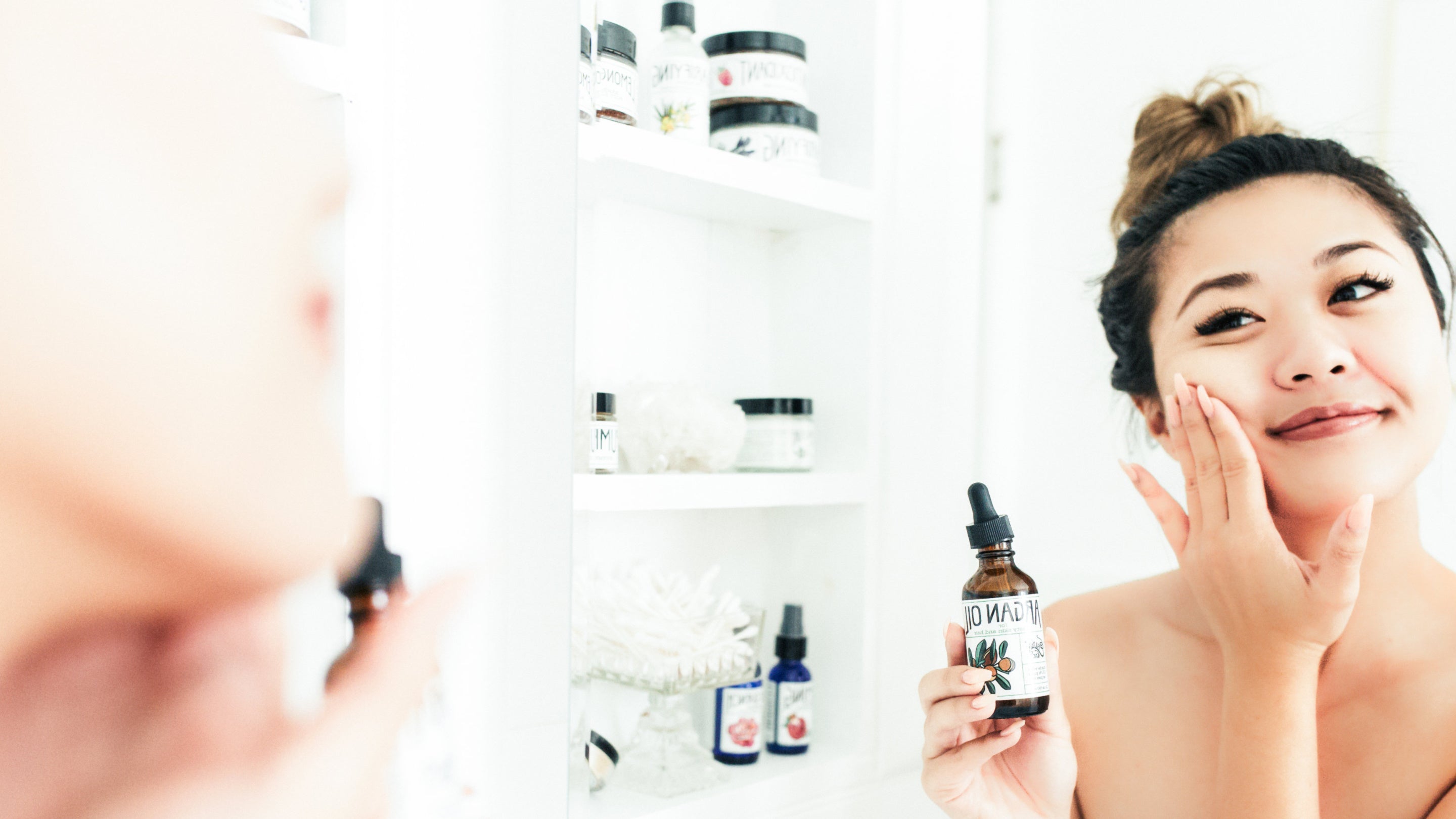
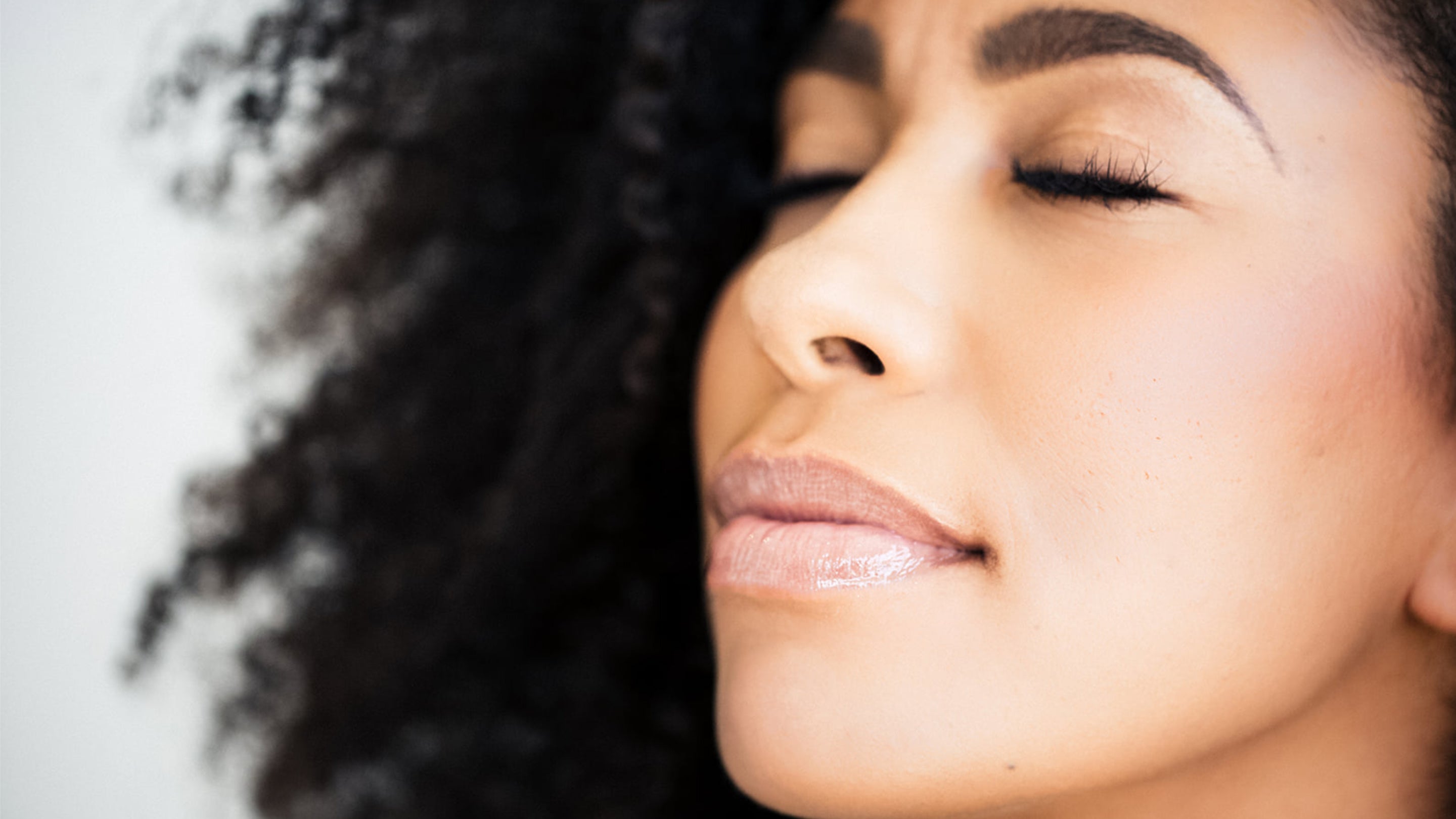
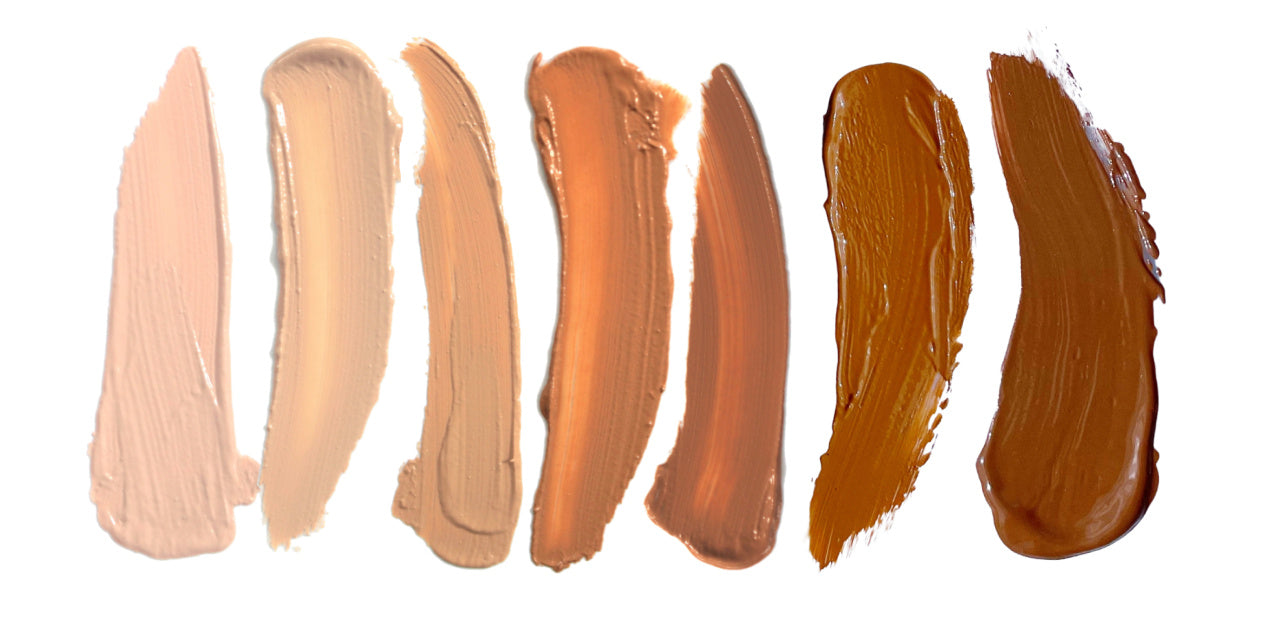
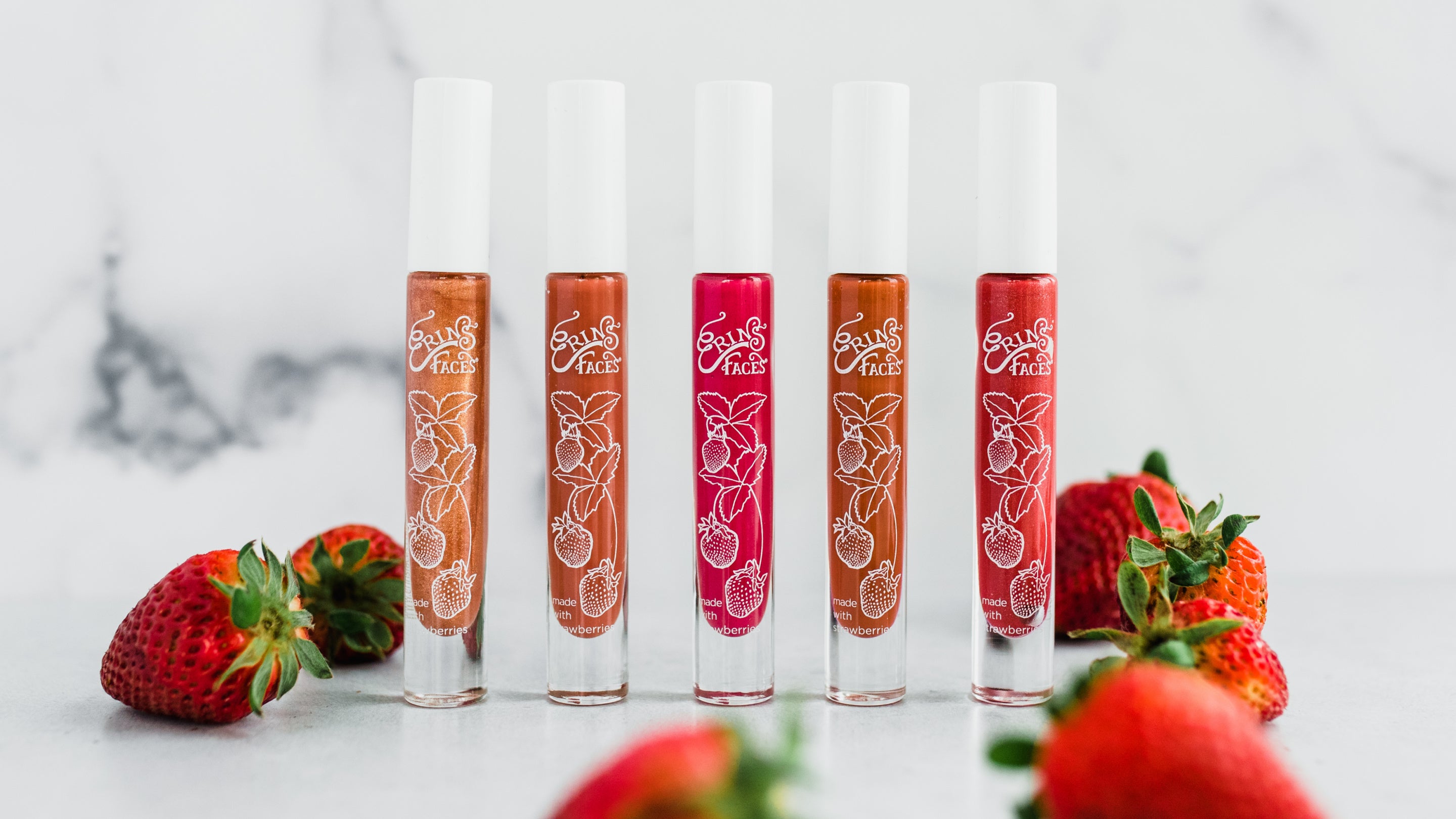
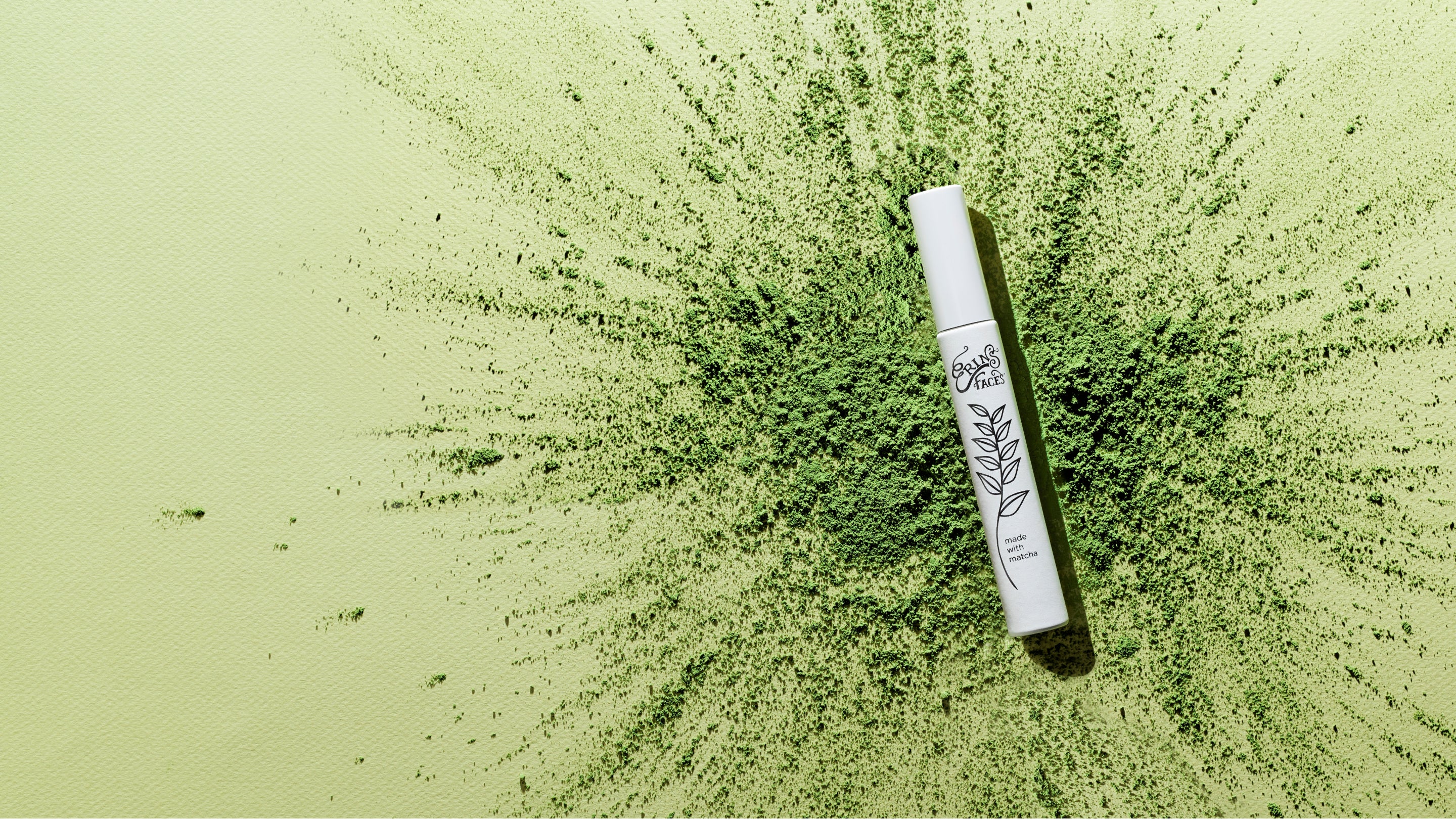
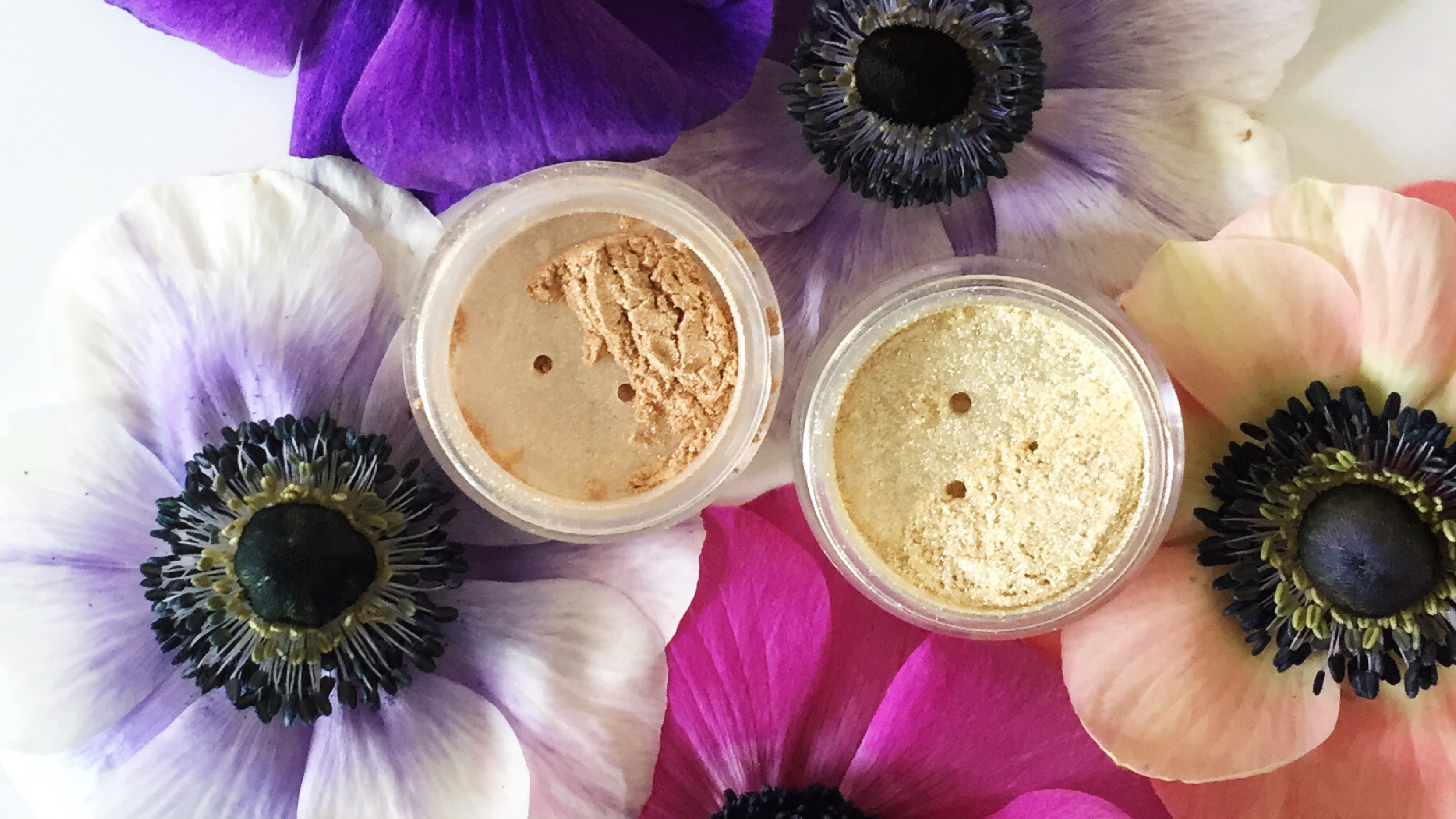
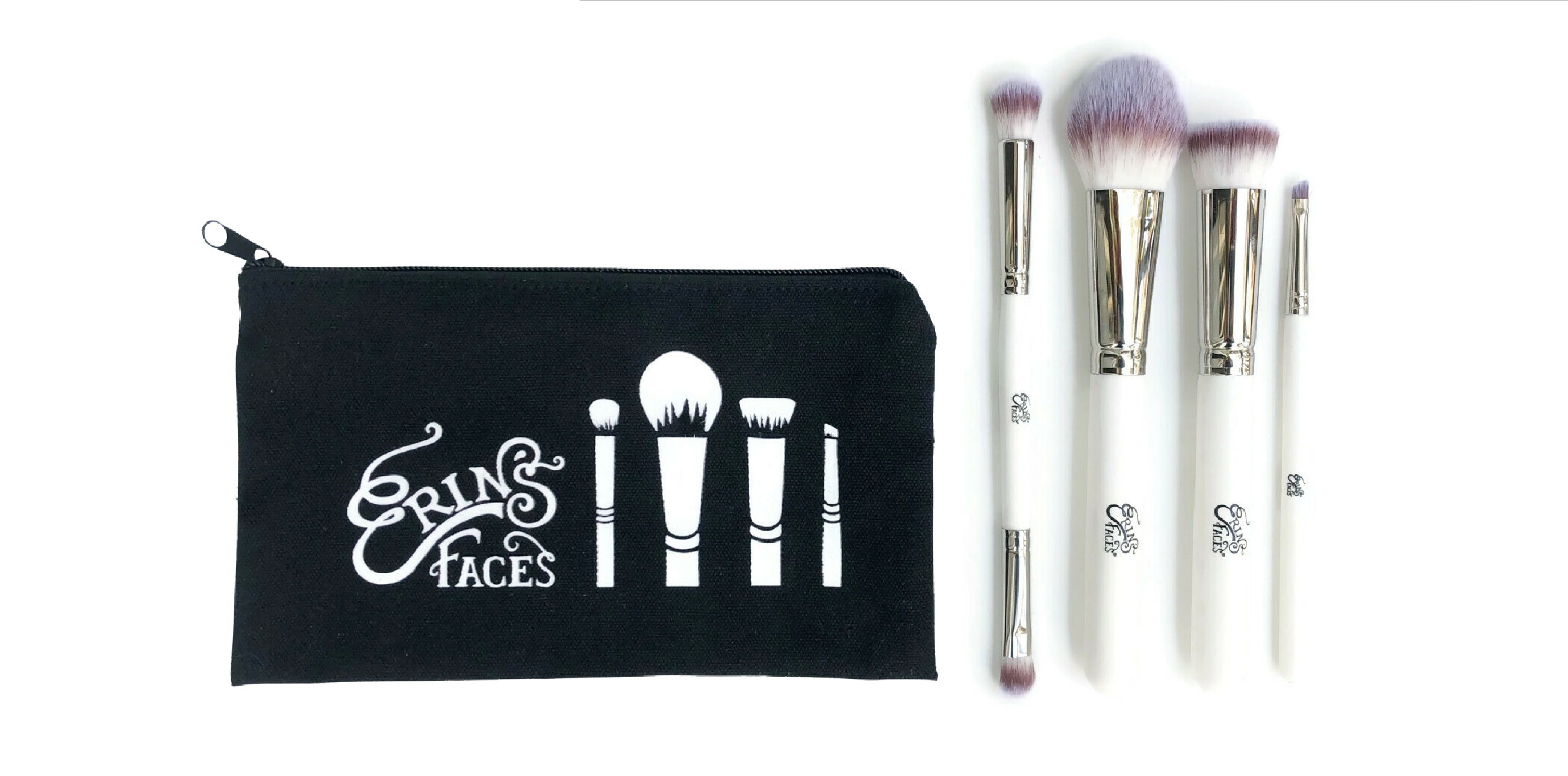
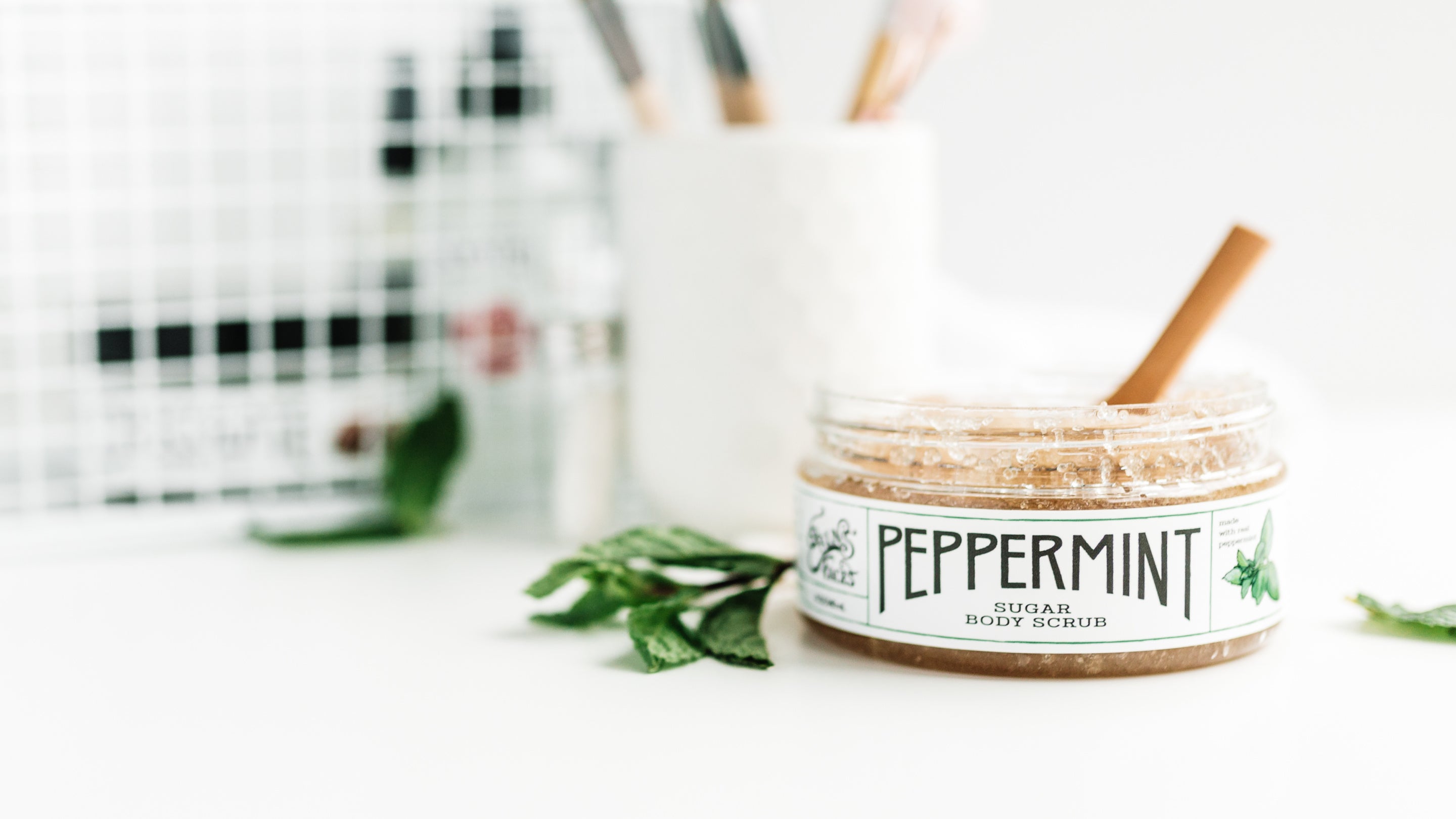
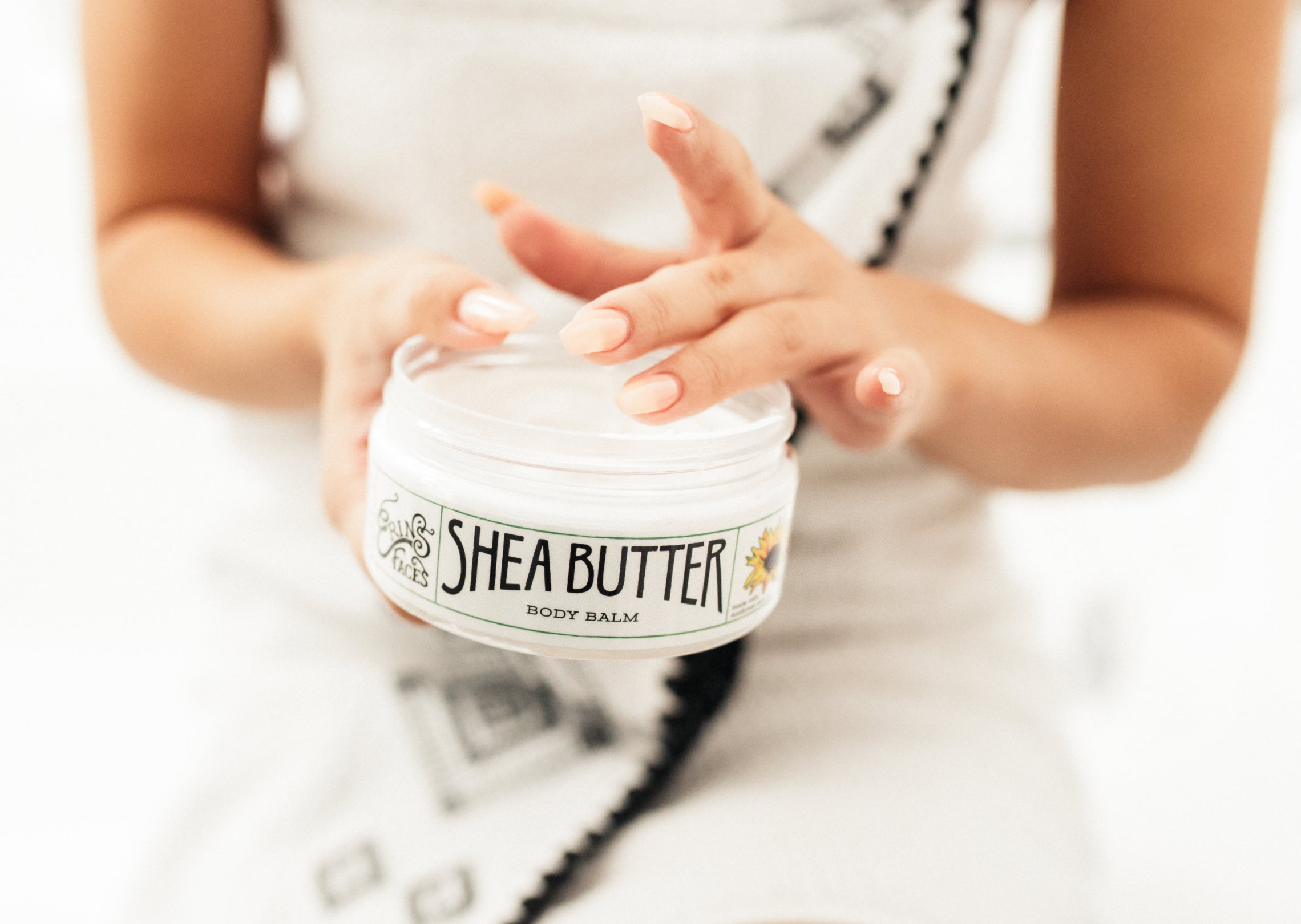
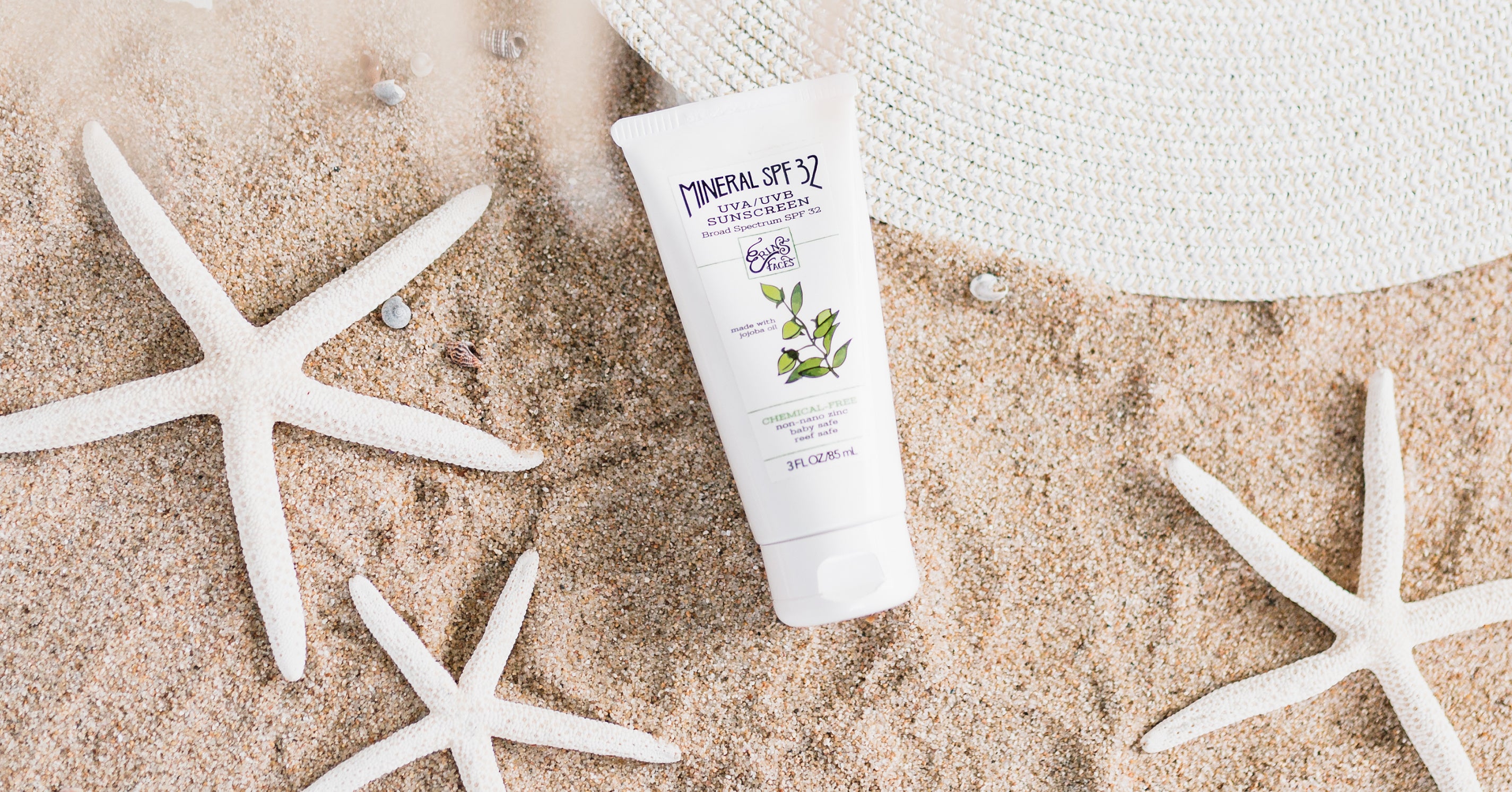
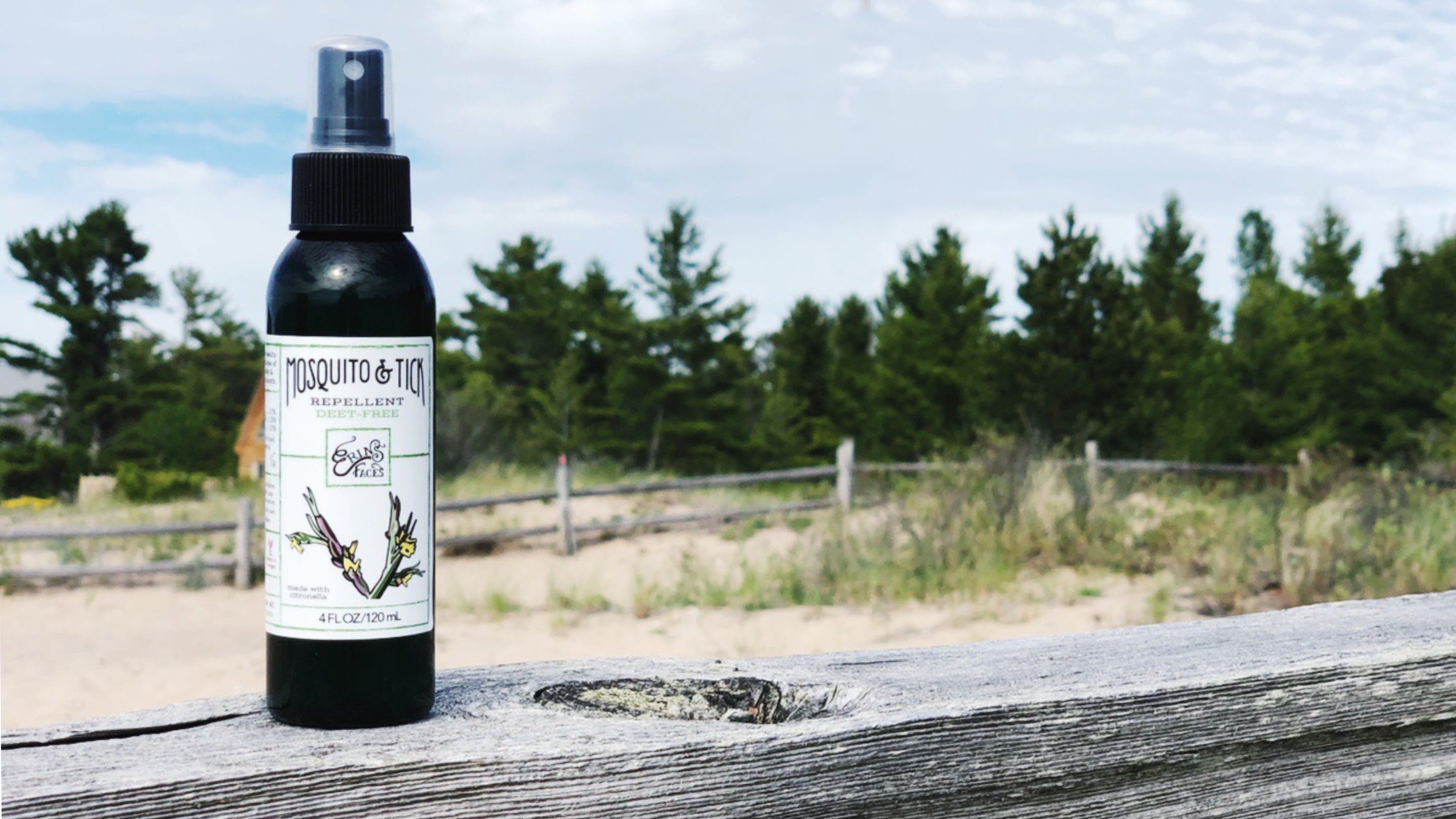



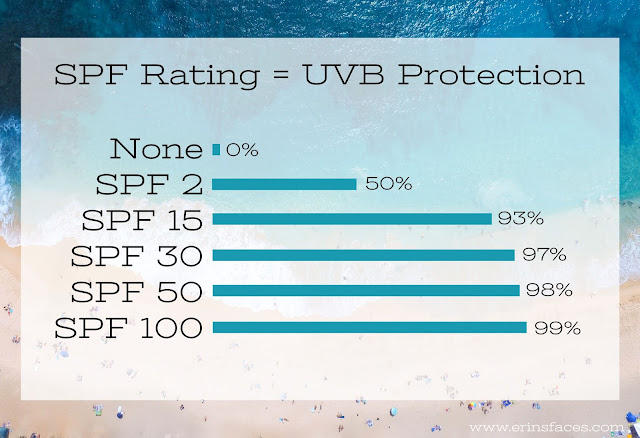




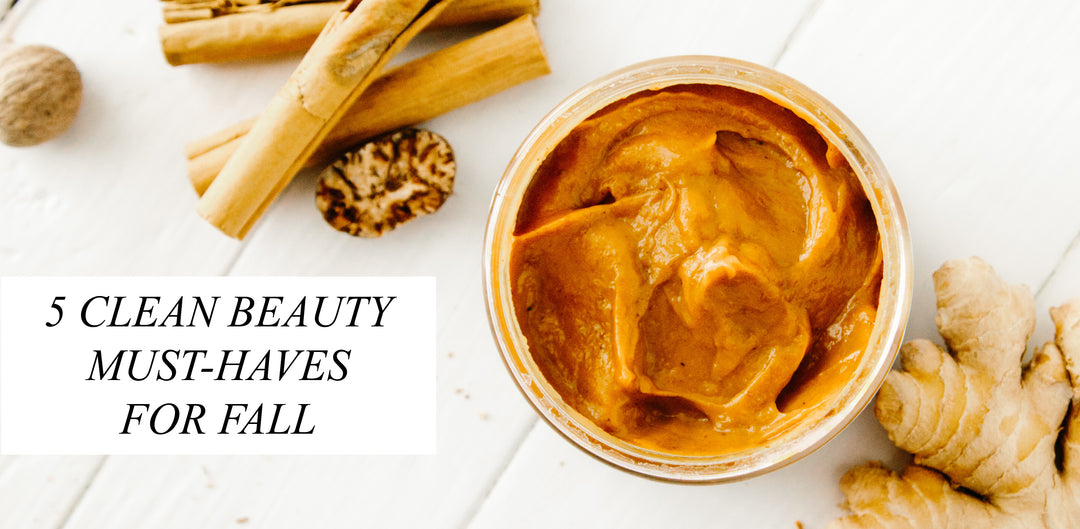

Wow; that was very informative and eye opening! I just try to cover up with clothing, hats, etc. to help protect as well. Thank you for the information; very helpful.
Leave a comment